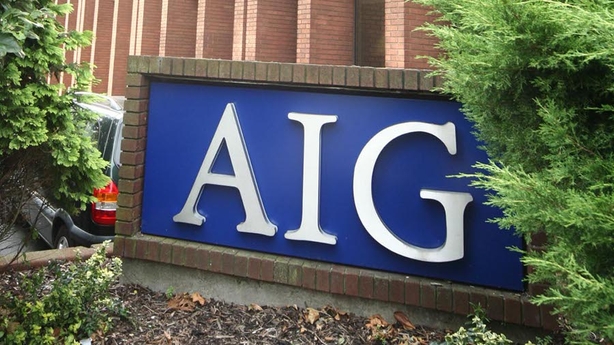Former American International Group (AIG) CEO Maurice "Hank" Greenberg must stand trial over alleged sham transactions, New York's top court has ruled, as the long-time financial industry titan failed in his 11-year-old quest to escape civil fraud charges.
The New York Court of Appeals also ruled that the state could seek to recoup from Mr Greenberg, 91, and co-defendant Howard Smith, 71, AIG's former chief financial officer, tens of millions in bonuses and interest covering the 2000-2005 period when the alleged fraud occurred.
In addition, the court decided the state could seek to ban them from the securities industry and from serving as officers or directors of public companies.
Mr Greenberg said he was considering his options in light of the ruling, which he said "flies in the face of the court's precedent and federal law."
His options appear to be going to trial, asking the state court for reconsideration or asking the US Supreme Court to review the matter.
Mr Greenberg led AIG for four decades before he was ousted in 2005. The following year, AIG paid $1.64bn (€1.47bn) to settle federal and state probes into its business practices.

The New York-based insurance giant was rescued by the US government in September 2008 to stave off bankruptcy after the company ran up billions of dollars in losses stemming from insurance it wrote on shoddy mortgage securities.
New York Attorney General Eric Schneiderman said in a statement he looks forward to demonstrating that Greenberg and his associates orchestrated two major frauds that caused massive losses to AIG shareholders.
"Nobody - not even someone as powerful as Mr Greenberg – is allowed to commit fraud in our state, and we are very pleased the people of New York will finally have a chance to obtain justice at trial," Mr Schneiderman said.
The state case accusing Mr Greenberg and Mr Smith of financial fraud and manipulation was originally brought in 2005 by Eliot Spitzer, New York's attorney general at the time.
Mr Greenberg asserts that the case should have been over in 2013 when a $115m (€103m) settlement with AIG shareholders over the improper accounting received court approval.
His lawyer, David Boies, also argued that disgorgement is not an available remedy under the Martin Act, the state's powerful securities fraud statute.
One transaction at issue involves General Re, a unit of Warren Buffet's Berkshire Hathaway. The New York suit claims Mr Greenberg orchestrated a $500m (€448m) transaction that boosted loss reserves without transferring risk.
The other transaction in the case, with Capco Reinsurance Co, allegedly hid a $210m (€188m) underwriting loss in an auto-warranty programme.
Mr Schneiderman was forced to withdraw a claims for billions in damages after the settlement because the state is barred from seeking restitution on behalf of victims who settled a class action lawsuit, even if they are not made whole.
The ruling marks the second time the state's high court has rendered an opinion in the case. "We again hold that the Attorney General's claims ... should proceed to trial," Judge Leslie Stein wrote for the New York Court of Appeals.
The US government in a separate case last August appealed a judge's ruling that sided with Mr Greenberg on a legal claim over AIG's bailout and found that the Federal Reserve exceeded its authority in the insurer's bailout.

